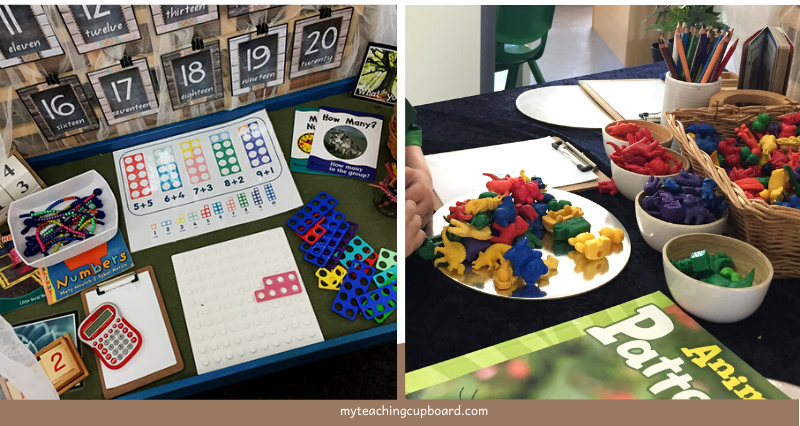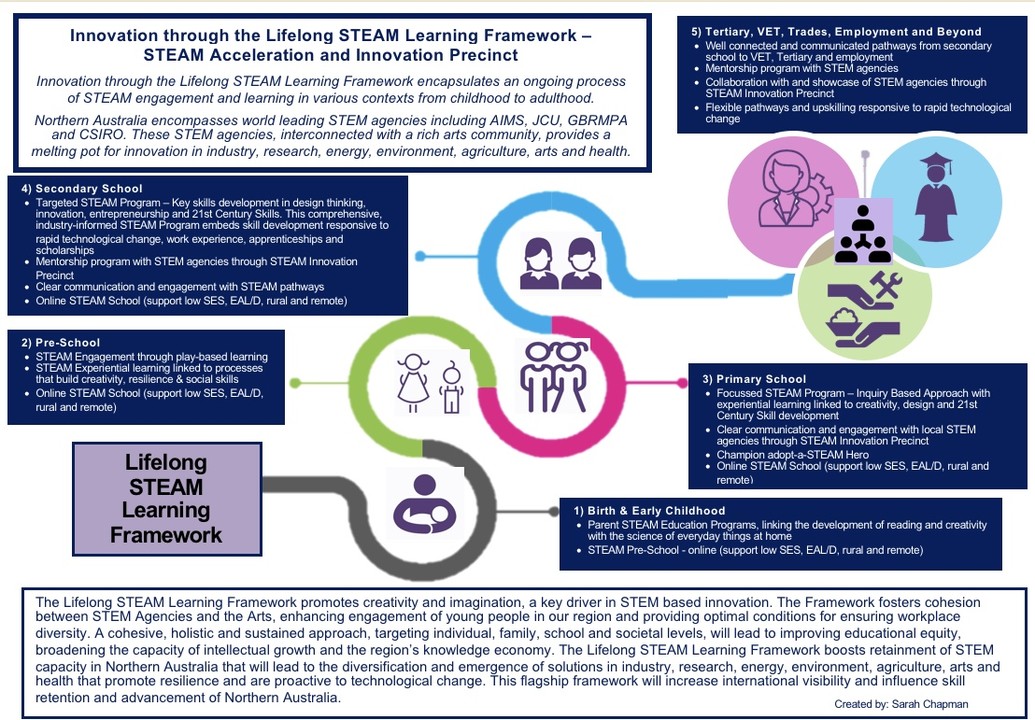
Unlocking the Power of Practical Mathematics in Education
In the ever-evolving landscape of education, the emphasis on practical learning has become increasingly prevalent. This shift is particularly evident in the field of mathematics, where educators and students alike are recognizing the immense value of hands-on mathematical learning experiences. Let’s explore the benefits and implications of incorporating practical applications into the teaching of mathematics.
1. Bridging the Gap Between Theory and Application
Traditional mathematics education often focuses heavily on theoretical concepts, leaving students grappling with the challenge of applying these abstract ideas to real-world scenarios. However, by introducing hands-on learning experiences, educators can bridge the gap between theory and application. This approach allows students to see the tangible implications of mathematical concepts, making the subject more accessible and relevant.
2. Fostering a Deep Understanding of Mathematical Concepts
Hands-on mathematical learning engages students in a way that goes beyond rote memorization. When students actively participate in mathematical activities, they develop a deeper understanding of the underlying concepts. Whether through interactive simulations, experiments, or real-world problem-solving, students gain insight into the practical aspects of mathematics, enhancing their overall comprehension of the subject matter.
3. Cultivating Critical Thinking and Problem-Solving Skills
Practical mathematics challenges students to think critically and apply their knowledge to solve real problems. By presenting mathematical concepts in a hands-on context, students are encouraged to analyze situations, identify patterns, and develop effective problem-solving strategies. These skills are not only crucial in the realm of mathematics but also transferable to various aspects of life and future careers.
4. Enhancing Retention Through Experiential Learning
Research consistently supports the idea that experiential, hands-on learning leads to better retention of information. When students actively engage with mathematical concepts in a practical setting, they are more likely to remember and apply what they have learned. This retention is vital for long-term success in mathematics and lays a solid foundation for continued learning in more advanced topics.
5. Promoting Collaboration and Communication Skills
Hands-on mathematical activities often involve collaboration among students. Whether working on group projects, conducting experiments, or participating in interactive simulations, students learn to communicate effectively, share ideas, and collaborate with their peers. These collaborative experiences mirror real-world scenarios where effective communication and teamwork are essential skills.
6. Adapting to Diverse Learning Styles
Every student learns differently, and hands-on mathematical learning caters to a variety of learning styles. For visual learners, interactive simulations and models provide a tangible representation of abstract concepts. Kinesthetic learners benefit from physically engaging with mathematical tools and objects. By incorporating diverse approaches, educators can create a more inclusive and accommodating learning environment.
7. Embracing Technology for Interactive Learning
In today’s digital age, technology plays a pivotal role in education. Integrating hands-on mathematical learning with technology further enhances the learning experience. Interactive online platforms, educational apps, and virtual simulations provide students with the opportunity to explore mathematical concepts in a dynamic and engaging manner.
To experience the transformative power of hands-on mathematical learning, explore Hands-On Mathematical Learning, a platform dedicated to providing interactive and immersive educational resources for students and educators alike.
Conclusion
Incorporating hands-on mathematical learning into education represents a significant step towards fostering a deeper understanding of mathematical concepts. By embracing practical applications, educators can empower students to not only comprehend abstract theories but also apply their knowledge to real-world situations. As we continue to prioritize experiential learning in mathematics, we pave the way for a generation of students equipped with critical thinking skills and a genuine appreciation for the practical side of this fundamental discipline.

